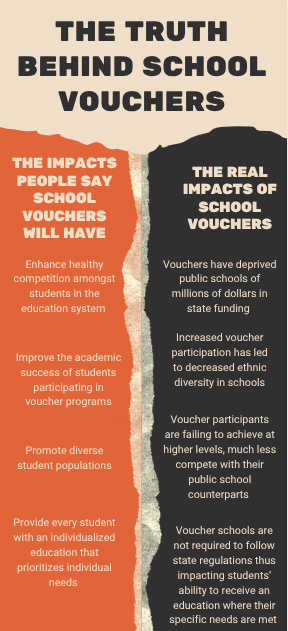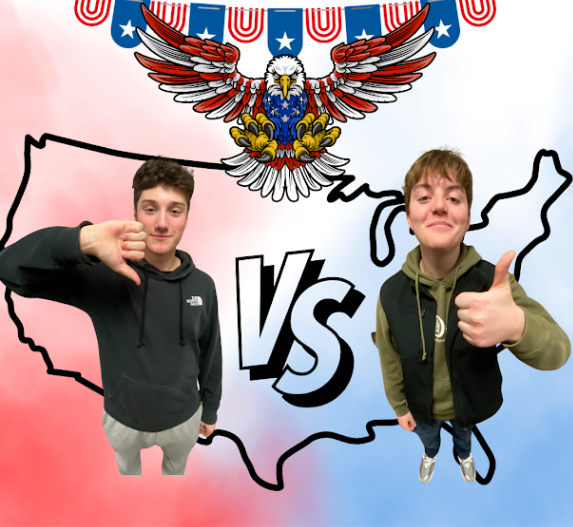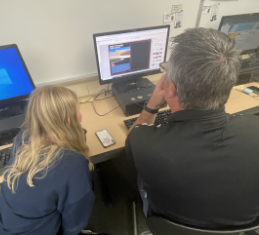There is a very fine line between protecting kids from controversial content and outright censorship. Banning books is a practice that is as old as publishing books itself. Fortunately, students at West Ottawa haven’t had to face this reality just yet. But with other districts in the area already addressing it, it’s clear this is a reality that isn’t going away.
Books are frequently getting banned, some of the most popular including The Great Gatsby by F. Scott Fitzgerald, The Color Purple by Alice Walker, and 1984 by George Orwell. While the reasons for challenging and banning these books vary, the most frequently censored ones expose uncomfortable truths about society’s deep-seated issues. Those pushing for book bans are often more afraid of confronting those flaws than the content itself, as these books compel us to question and reflect on the world around us.
Books offer a unique way to build community and spread information that can’t be found through other sources. The written acknowledgment of a community’s struggles provides a validation that a minute-long video can’t deliver. When those emotions are transformed into a published story, communities feel truly seen. “When it comes to banning books, let’s just say it infuriates me,” library assistant Christina Mooney said. “I tell all students this, but if they ban a book, you should absolutely go out and find that book and read it. Read all the banned books, then question why they don’t want you to read it.”
WO has not been involved in any book-banning controversies. It’s such a privilege that many of us take for granted. It’s easy for students to overlook, but you can tell that our librarians care about our opinions, and most importantly, our learning. “I have great confidence in our professional school librarians and the process they use to curate our WOPS library collections. In my eight years on the WOPS Board of Education, we have never voted to ban a book,” said Board of Education President, Cathy Lebster.
“I’d like to think that it’s not going to happen, that we can all be open-minded,” said Mooney.
If the day ever comes, the Board of Education has established procedures. Having a plan in place validates the fact that this is a real issue that schools all over the nation are grappling with. Should a parent decide to challenge a book, they must follow a specific process.
First, the parent would submit an objection and explanation to the appropriate librarian. If the issue remains unresolved after the librarian’s review, it would then be referred to the principal. Both the librarian and principal have five days to review the objection. If it still remains unresolved, the parent can raise the matter to the Superintendent. A meeting will be scheduled and ultimately the Superintendent will make the final decision.
In the end, students can benefit from reading a book that might otherwise be banned. “Not everybody has access to trusted adults or information. We have students here who don’t have a safe person to turn to with questions about important topics. Where else can they go but to the library for answers?” Mooney said. “When you take that knowledge away from students, it negatively affects their learning and their ability to make decisions for themselves.” Everyone is entitled to their own opinion, but even if you disagree with a book, that doesn’t mean it should be taken away from everyone else.






